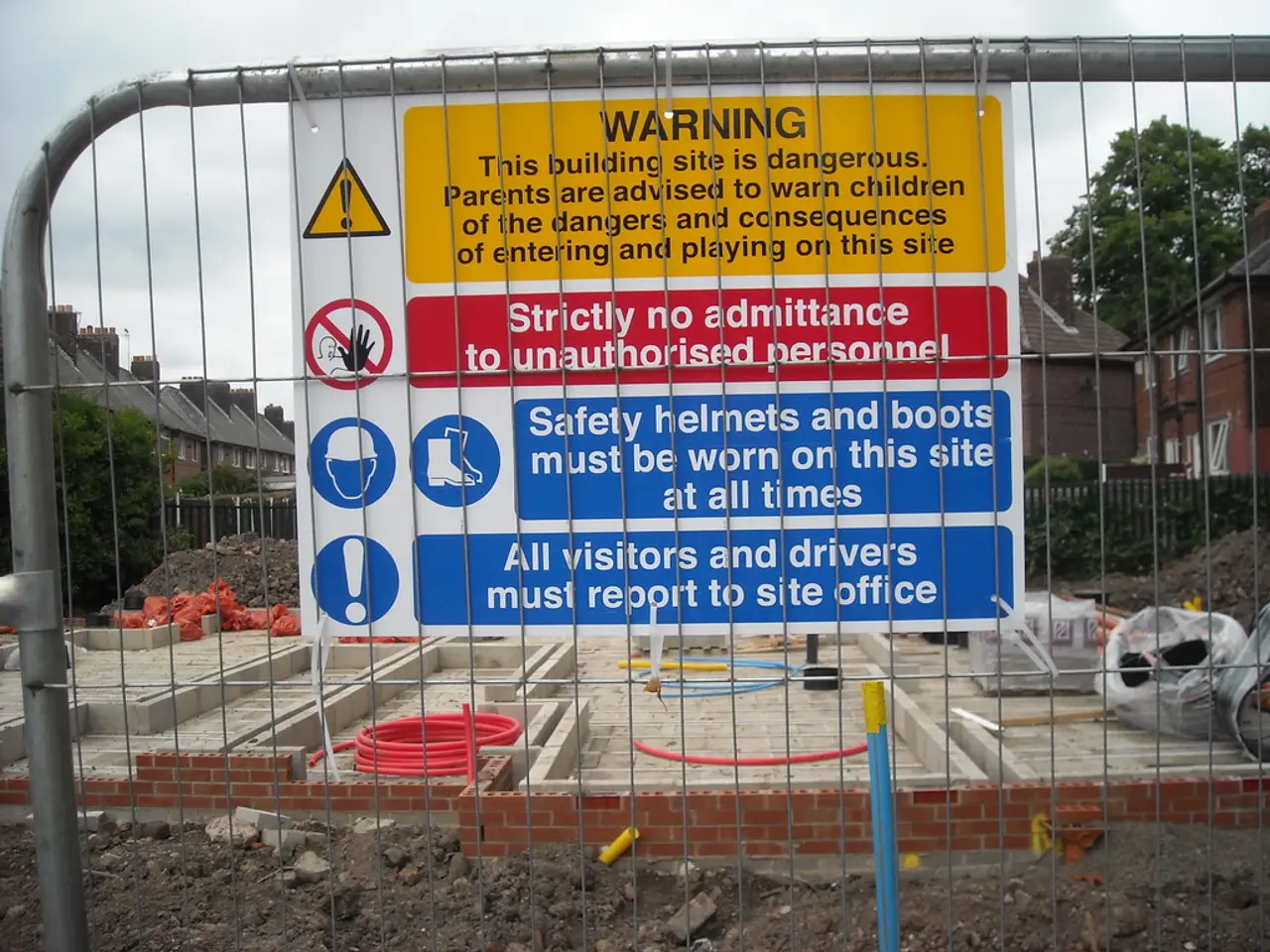International Venezuela Pushes for 'De-Colonialization' of International Justice at Hague Anti-Genocide Gathering
In a historic move, 12 nations have united to take collective action against Israel's actions in Gaza, following an Emergency Conference of The Hague Group held in Bogotá, Colombia. The conference, jointly convened by Colombia and South Africa, brought together 30 nations from various regions of the world, aiming to enforce international law and hold Israel accountable for its actions.
The 12 signatory countries – Bolivia, Colombia, Cuba, Indonesia, Iraq, Libya, Malaysia, Namibia, Nicaragua, Oman, Saint Vincent and the Grenadines, and South Africa – have agreed to implement six coordinated diplomatic, legal, and economic measures.
1. **Arms Embargo**: The signatory countries will prevent the provision or transfer of arms, munitions, military fuel, related military equipment, and dual-use items to Israel via their domestic legal and legislative frameworks.
2. **Maritime Restrictions**: The nations will prevent the transit, docking, and servicing of vessels at any port if there is a risk that they will be used to carry military-related items to Israel.
3. **Flag State Responsibility**: The countries will ensure that vessels bearing their flags do not carry arms or military equipment to Israel, with penalties for non-compliance including de-flagging.
4. **Review of Public Contracts**: The nations will conduct an urgent review of all public contracts to prevent public institutions and funds from supporting Israel's occupation of Palestinian Territory.
5. **Ensuring Accountability**: The nations will comply with obligations to conduct robust, impartial investigations and prosecutions for serious crimes under international law to ensure justice for victims.
6. **Universal Jurisdiction**: The nations will implement universal jurisdiction mandates as applicable in national legal frameworks to ensure justice for victims of international crimes in the Occupied Palestinian Territory.
These measures are part of a broader effort to strengthen international law and address the humanitarian crisis in Gaza, where the Palestinian population is currently being targeted with mass starvation as Tel Aviv has blocked all humanitarian aid efforts.
Notably, Venezuela, which does not export oil to Israel and has not had diplomatic relations with Tel Aviv since 2009, has backed the Emergency Conference. Venezuelan Foreign Affairs Minister Yván Gil reiterated Venezuela's endorsement of a Palestinian State and its people's right to "historical reparations" at the Bogotá conference. President Nicolás Maduro called the gathering "an essential moral and political response" to Israel's actions in Gaza, stating that the genocide dates back to 1948.
The US, however, strongly opposes the Hague Group's meeting in Colombia, citing its "radical anti-Western agendas." The US has issued sanctions and a visa ban against key figures involved in the conference.
The UN Special Rapporteur Francesca Albanese, who delivered a report in Geneva denouncing several US corporations for aiding Israel's occupation and profiting from an "economy of genocide," called the Hague Group conference the "most significant political development of the last 20 months." She urged all states to break ties with Israel.
The Emergency Conference's resolution sets a September 2025 deadline for all states to adhere in line with the 12-month timeframe mandated by the United Nations General Assembly Resolution A/RES/ES-10/24. This resolution marks a significant step towards ensuring international law is upheld and Palestinian lives are treated with the dignity they deserve.
- Amidst the global political landscape, the ongoing war-and-conflicts in Gaza have escalated to a point where general news is now revolving around the 12 signatory countries taking decisive actions to enforce international law and hold Israel accountable for its actions.
- The collective measures, such as implementing arms embargoes, maritime restrictions, and reviewing public contracts, aim to create a robust response towards the humanitarian crisis in Gaza, demonstrating a significant shift in international politics.






